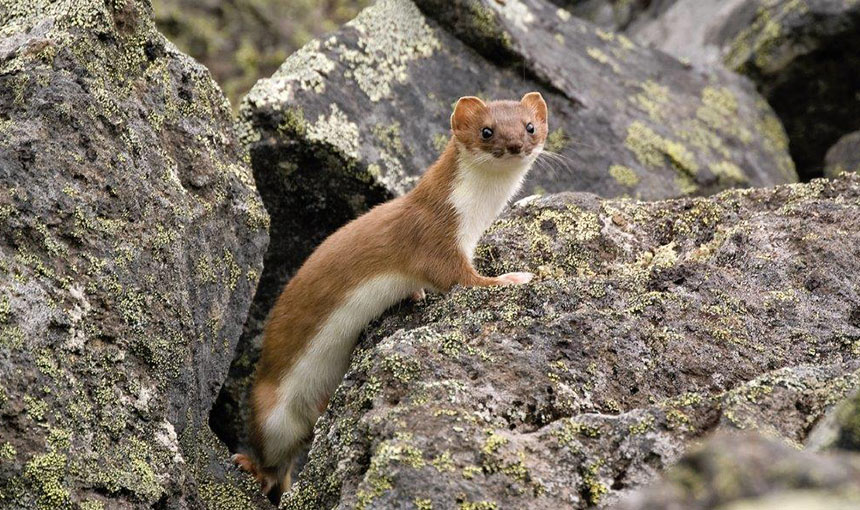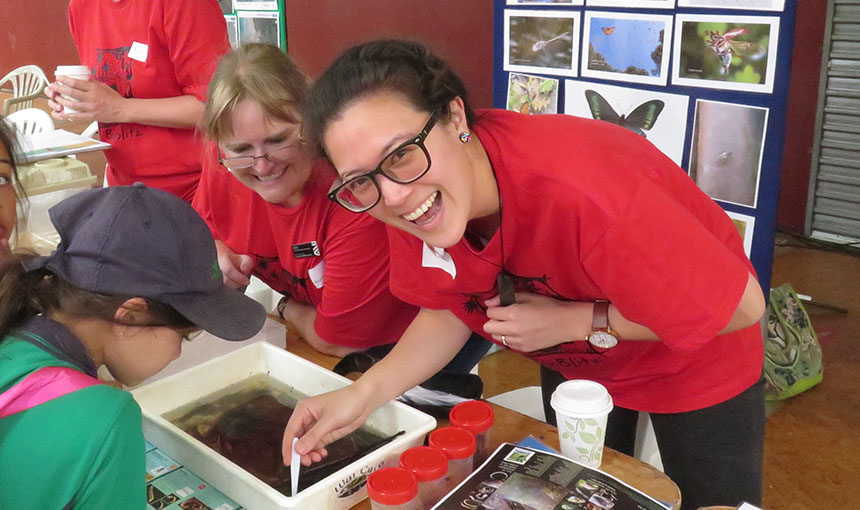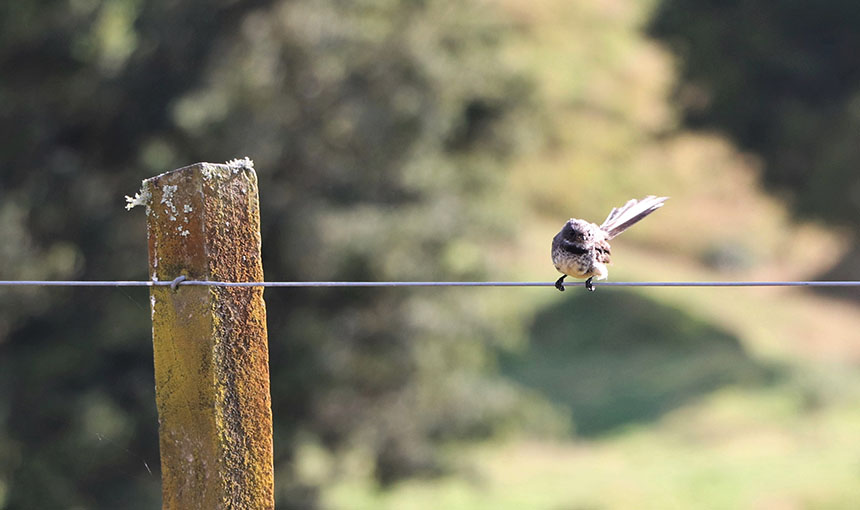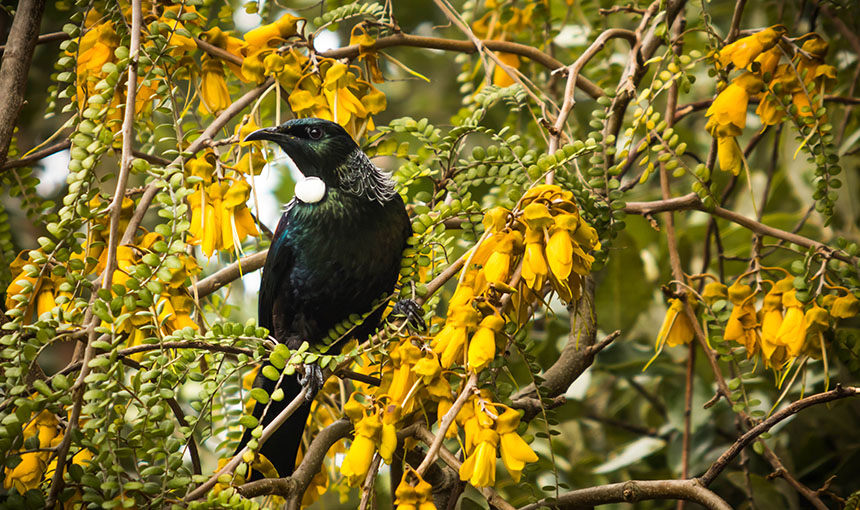Public perceptions of new pest control methods
One of the nation’s largest surveys on public attitudes toward new pest control technologies has shown that most New Zealanders support the need for pest control.

Carried out in 2017, the BioHeritage Challenge survey assessed the perceptions, beliefs and attitudes of 8,000 people, including about 1,000 Māori.
Led by the Department of Conservation’s Dr Edy MacDonald, the nationwide team surveyed perspectives of new and emerging methods of pest and predator control, starting with tools to control wasps and rats.
The survey found that:
- 84% agree pest species are a significant conservation problem
- 14% think current pest control measures are adequate
- 61% are aware of New Zealand’s goal to become Predator Free by 2050.
Issues & Impacts
In relation to potential pest control technologies including gene drive, the survey found:
- 32% were comfortable with these developments
- 18% felt they should never be used
- 50% were undecided or wanted strong controls
- 42% supported trojan female techniques
- 52% supported a species-specific toxin.
Overall, the survey findings illustrated the varying viewpoints of the New Zealand public. This highlights the importance of continuing open and transparent public discussions while inventors and scientists start the process of developing new pest control technologies.
This project contributes to BioHeritage’s goal of empowering New Zealanders so they feel inspired to protect our environment.
Research Partners
BioHeritage’s role is to break down barriers between organisations and individual scientists by coordinating and focusing the research of top scientists from our 18 Challenge Parties.
This project is being driven by Challenge Party Department of Conservation, that’s working closely with Manaaki Whenua – Landcare Research, Otago University, Auckland University, and Victoria University of Wellington.


